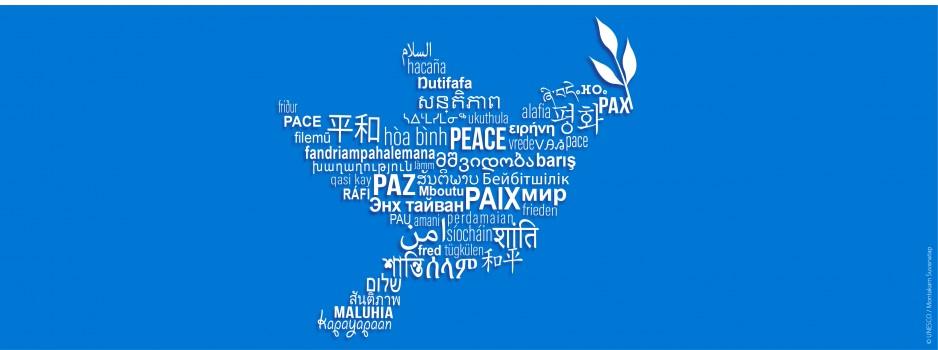- عربي
- 中文
- English
- Français
- Русский
- Español
JIU/REP/2020/6 Multilingualism in the United Nations
Multilingualism is both an asset and a shared commitment for all organizations in the United Nations system. Multilingualism is critical for the governance of the organizations in the United Nations system, but also for reaching out to its mandate beneficiaries, the peoples of its Member States.
The main objective of this review is to inform legislative and governing bodies and the executive heads of United Nation system organizations about the progress made in multilingualism since the last review (JIU/REP/2011/4) with respect to the implementation of previous JIU recommendations. The review examined: strategies, policies, practices and mechanisms in place; incentives for staff to promote and enhance multilingualism; opportunities to improve the use of external resources and partnerships as well as language technologies.
The most salient finding of the review is that almost 10 years following the relevant 2011 JIU recommendation, most JIU participating organizations do not have yet a strategic framework in place that would regulate and provide guidance on the overall equitable use of languages and the implementation of multilingualism in the respective organizations.
The present review reconfirmed the absence of a coherent approach to multilingualism in the United Nations system starting with the lack of a common definition for the terms “official language” and “working language” and ending with the lack of a system-wide approach to the issue.
With only one decade remaining to achieve the Sustainable Development Goals and the 2030 Agenda, it is important that the United Nations system organizations communicate in the languages of the peoples on the ground, including local languages, so that no one is left behind. The staff members of the system should be linguistically competent and master more than one of the official and working languages of their respective organization so that they reflect the universal character of the Charter of the United Nations.
The review makes seven formal recommendations and six informal recommendations for further improvement of the status of multilingualism in the United Nations system organizations and across the system.
Access the full report here
Access the Review Highlights here


